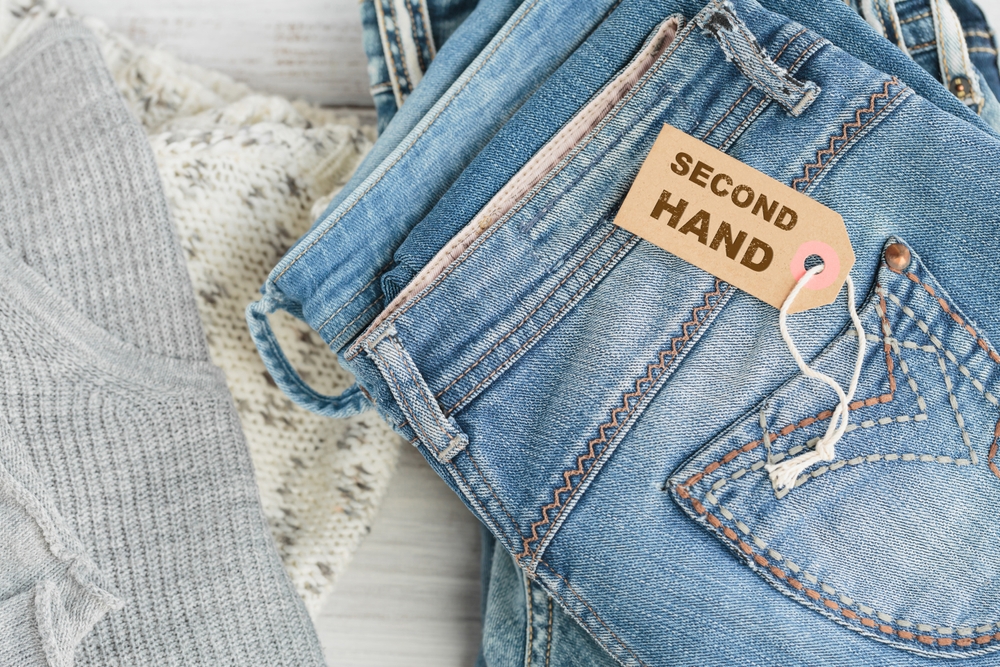

While platforms such as Vinted and Leboncoin have popularized the resale of unwanted products, the idea of prolonging their life by not throwing them away originated with associations such as Emmaüs.
An initial circular economy logic that the fashion sector has progressively integrated to the point where today the second-hand luxury goods market in France represents:
Among these buyers' main motivations are:
Making the luxury market accessible to as many people as possible: this is the vocation behind the creation of Monogram Paris in 2015.
In not even 10 years, the brand has become a benchmark in the French second-hand sector, offering designer bags, jewelry or clothing (Louis Vuitton, Balenciaga, Gucci, Chanel, Yves Saint Laurent...) at attractive prices.
Second-hand Hermès scarves are offered, to name just one of the most sought-after products.
In a fashion industry known to be one of the most polluting in the world, the commitment of Beverly Sonego (founder and ambassador of this French success story) to consumption that is more qualitative than quantitative also takes on its full meaning.
And speaking of quality, nothing is left to chance at Monogram Paris:
These commitments have attracted a large fashion community who also appreciate the fashion advice given by the brand on its website or in its Paris showroom (avenue Victor Hugo in the 16th arrondissement). Loyal aficionados who now wait daily for the hand-picked selection from this pioneering company in the second-hand market in the land of luxury.
To buy new nuggets without breaking the bank and while protecting the planet, visit the Monogram Paris website.
Valérie from Comme des Français
----
Further reading